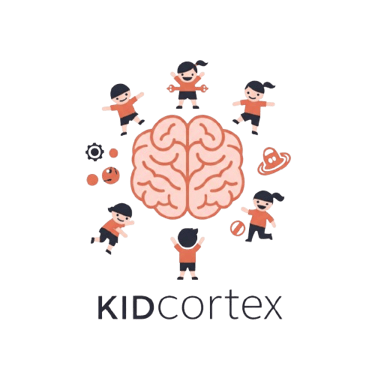join us to unlock variety of services
Why Your Belief in Physical Activity Matters for Your Child’s Neurological Development
A recent study published in Frontiers in Sports and Active Living reveals a critical insight: what parents believe about physical activity directly influences their child’s risk of becoming overweight or obese, especially for children with developmental delays such as Autism Spectrum Disorder (ASD) or global developmental delay. At KidCortex, we champion more than just structured play or therapy sessions—we believe in empowering parents. One of the most overlooked yet powerful tools you have in supporting your child’s development is your belief in the benefits of physical activity (PA).
Dr. Tarun sharma
5/21/20251 min read
The Link Between Belief and Body Weight
In a sample of 147 young children (average age 32 months) with neurodevelopmental disorders, researchers found that:
🧠 Children whose parents had below-average beliefs in the benefits of physical activity were 2.5 times more likely to be overweight or obese.
That means your mindset doesn’t just shape your child’s activities—it can shape their physical health trajectory.
Why This Matters for Neurodivergent Kids
Children with developmental challenges often face additional barriers to staying active. These can include:
Motor skill difficulties
Behavioral and sensory sensitivities
A lack of inclusive, supervised programs
Increased screen time (kids with ASD reportedly spend 62% more time on screens than their peers)
Given these obstacles, parental support becomes essential. Believing in the benefits of physical activity gives parents the motivation to seek, schedule, and stick with opportunities for their child to move, play, and grow.
Not Just About Muscles—It’s About the Mind Too
Physical activity isn’t only about preventing obesity. The study reinforces what other research has shown: regular movement supports:
Executive functioning (planning, focus, memory)
Self-regulation (emotional control, attention)
Social interaction
Sleep and mood
In fact, movement-based therapies and games are some of the most effective tools we use at KidCortex to engage children during Zoom therapy or through at-home kits.
What Can You Do as a Parent?
Believe It Works: Know that playtime, dancing, and movement aren’t just fun—they’re foundational.
Model It: Join your child in their movement. When they see you move, they want to move too.
Seek Resources: Use sensory kits, activity cards, and screen-free play tools like those in our subscription boxes to make daily movement easy and accessible.
Ask for Support: Our therapists at KidCortex can help tailor movement-based strategies for your child’s unique needs.
The Bottom Line
Your beliefs matter. By embracing physical activity as a vital part of your child’s development, you’re giving them more than a chance to burn energy—you’re giving them a better chance at emotional resilience, physical health, and lifelong well-being.
Reference:
Lakes KD, Neville RD, Abdullah M, Donnelly J. Psychological Determinants of Physical Activity and Development in Early Childhood Among Children With Developmental Delays: The Role of Parent Beliefs Regarding the Benefits of Physical Activity. Front Sports Act Living. 2020 Aug 18;2:104. doi: 10.3389/fspor.2020.00104. PMID: 33345093; PMCID: PMC7739724.
FOLLOW US
GET IN TOUCH
QUICK LINKS
+919520561135
contact@kidcortex.com
